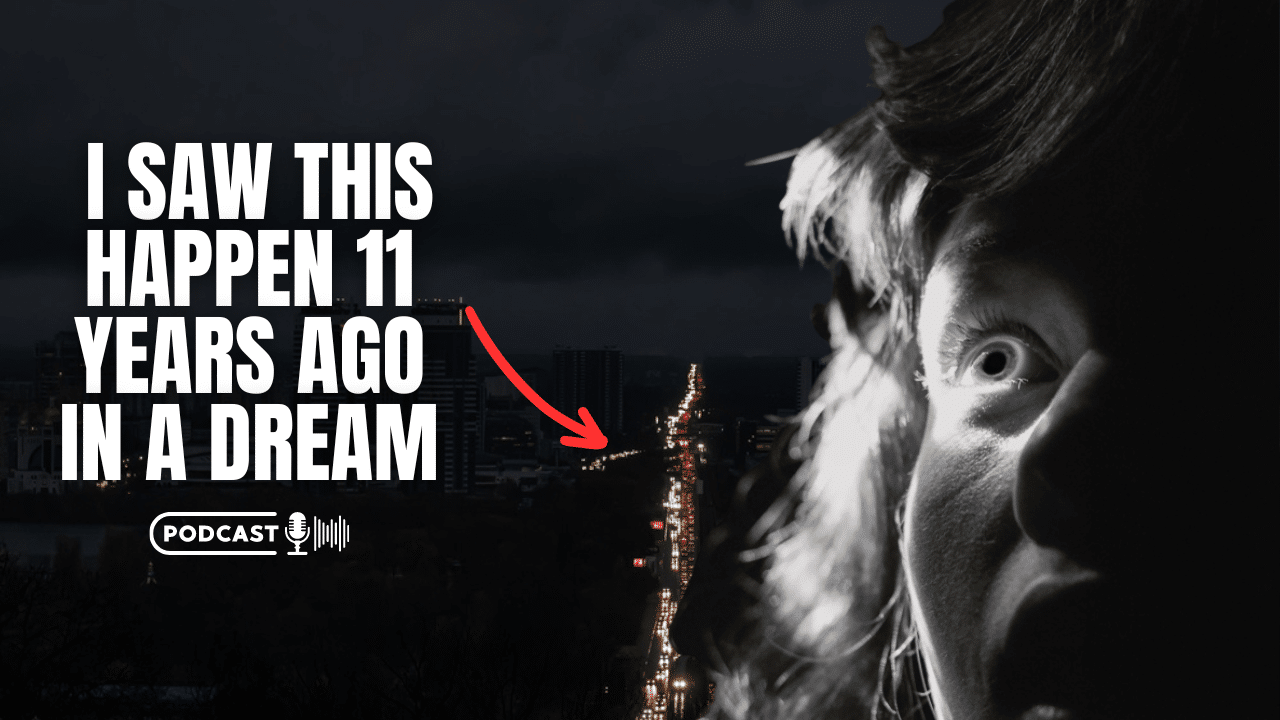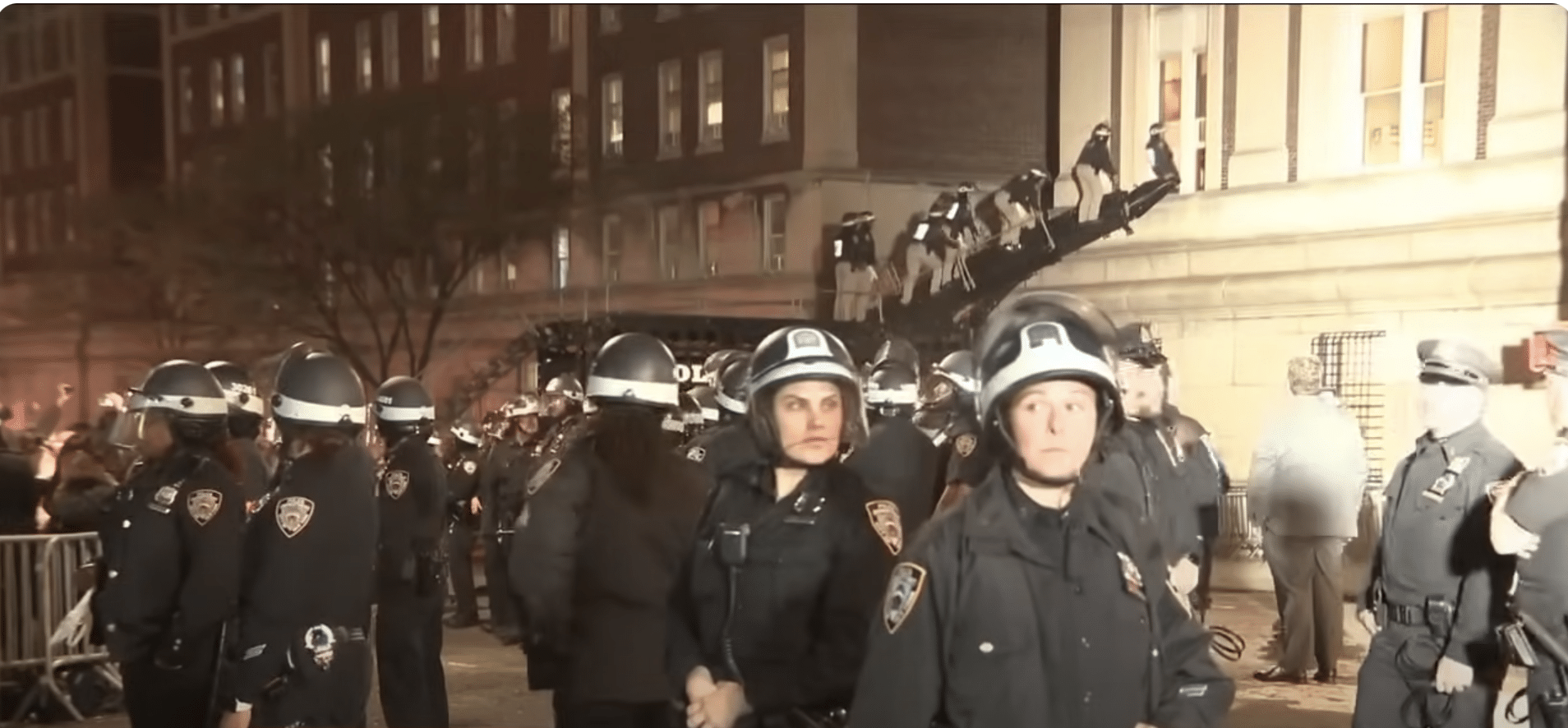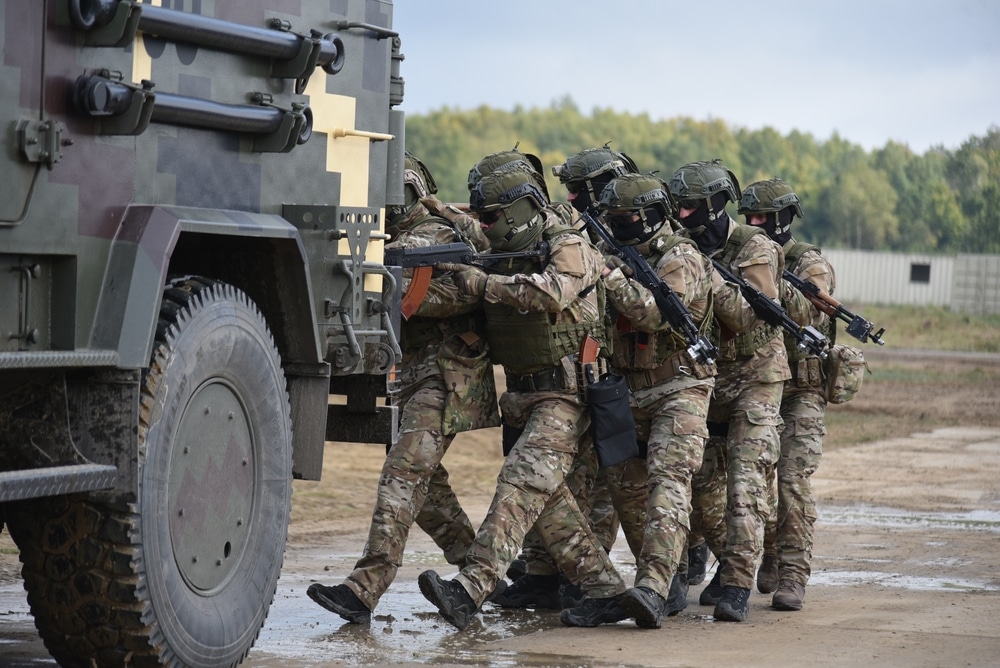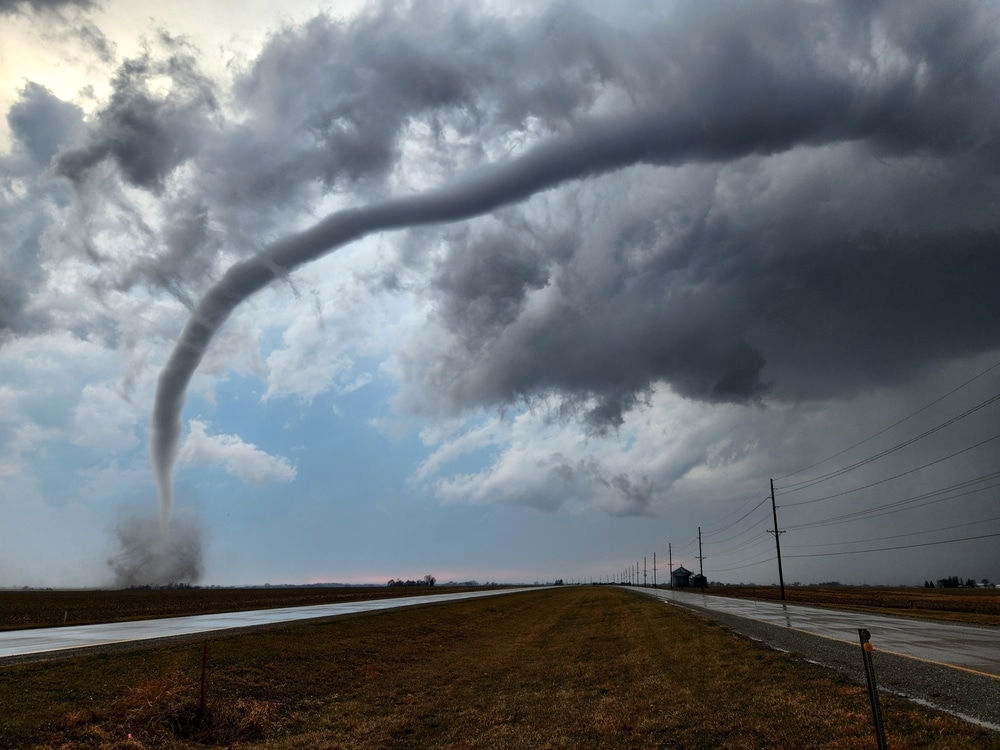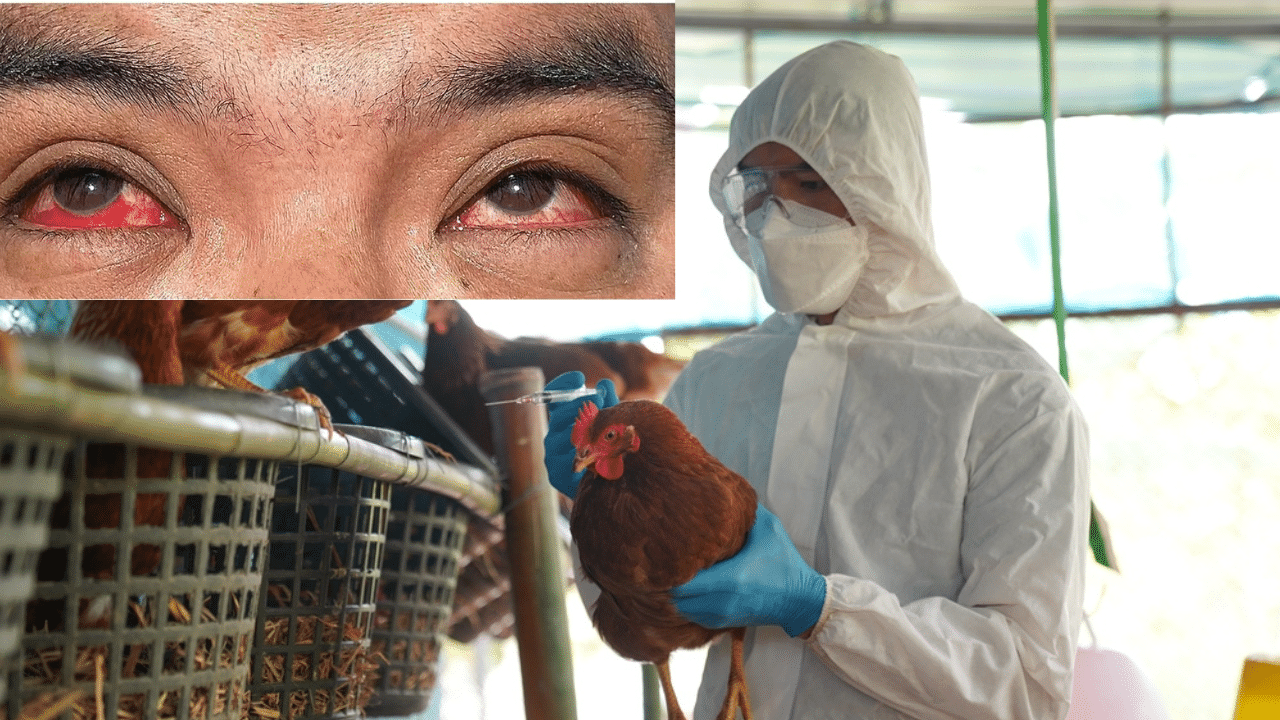Russia’s media regulator said Friday it will block access to Meta-owned Facebook in the country as it escalates pressure on media outlets and tech platforms amid its invasion of Ukraine.
The regulator said Facebook violated federal law by restricting access to accounts of several state-affiliated media outlets, according to a translated version of a statement. The move marks an escalation from earlier limits Russia placed on Facebook. Last week, the agency placed partial restrictions on Facebook for the alleged violation.
At the time, Meta’s vice president of global affairs, Nick Clegg, said Russian authorities had ordered the platform to stop fact-checking and labeling content posted on Facebook by state-owned outlets like RT and Sputnik. Meta refused the request, he said.
As the U.S. and the E.U. imposed a crush of sanctions on Russia, European officials required Russian state-backed channels to be removed from television broadcasts and social media. In addition to Meta, which also owns Instagram, platforms including Twitter, YouTube, TikTok, and Telegram have complied.
Meta President of Global Affairs Nick Clegg responded on Twitter to the Russian ban of Facebook, saying it will mean that “millions of ordinary Russians will find themselves cut off from reliable information, deprived of their everyday ways of connecting with family and friends and silenced from speaking out.”
Meanwhile, according to France 24 News, Russian lawmakers moved Friday to impose harsh jail terms for publishing “fake news” about the army, which a senior lawmaker said will apply to foreigners too, as Moscow moves to muffle dissent over its invasion of Ukraine.
The new legislation sets out jail terms of varying lengths and fines against people who publish “knowingly false information” about the military. “If the fakes led to serious consequences, (the legislation) threatens imprisonment of up to 15 years,” the lower house of parliament said in a statement.
Speaking at the session, the head of the parliament’s information committee Alexander Khinshtein said the law “concerns all citizens, not only Russian ones because we are talking about actions against Russia.”
Lawmakers passed amendments to the criminal code making the spread of “fake” information an offence punishable with fines or jail terms. They also imposed fines for public calls for sanctions against Russia. “If the fakes lead to serious consequences then the imprisonment of up to 15 years threatens,”
the lower house of parliament, known as the Duma in Russian, said in a statement. The Duma outlined a scale of punishments for anyone deemed to have discredited the armed forces, with stiffer penalties for those who intentionally spread fake information or called for unsanctioned public action.



